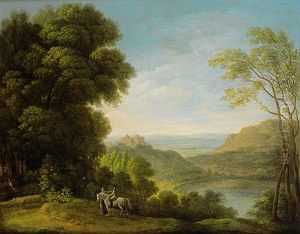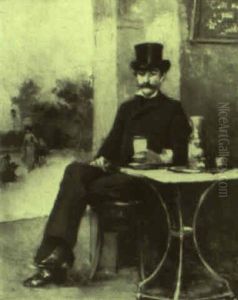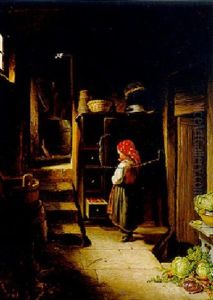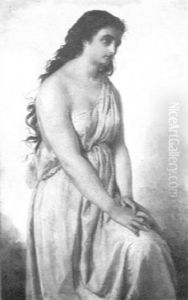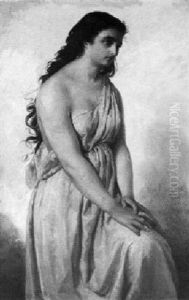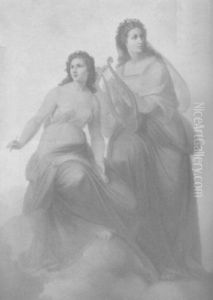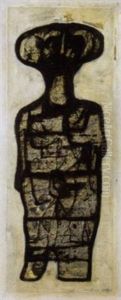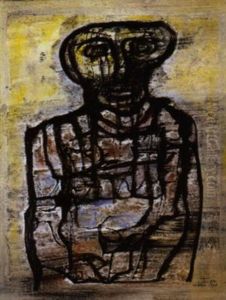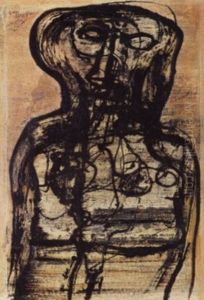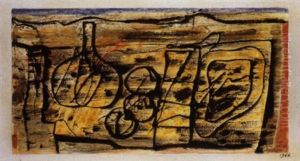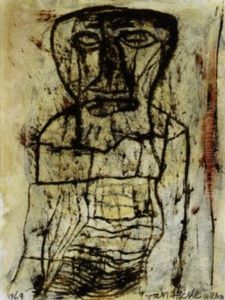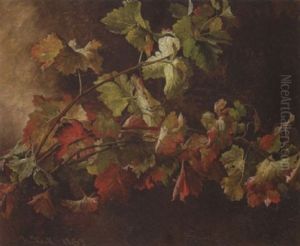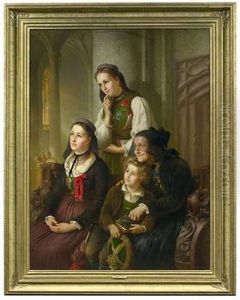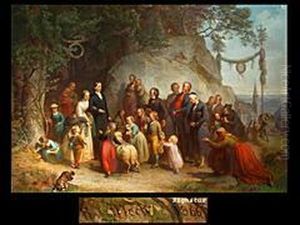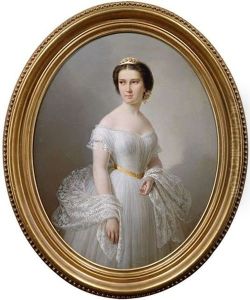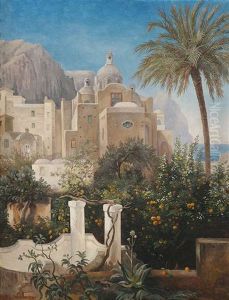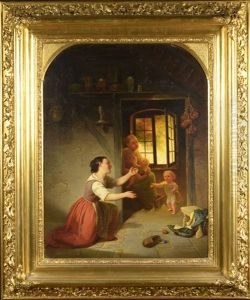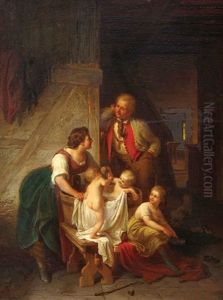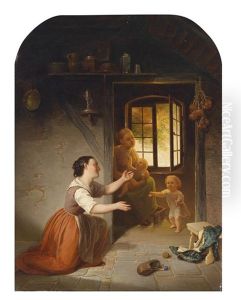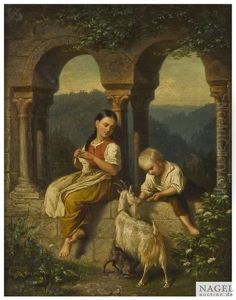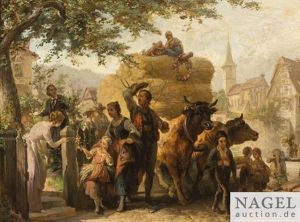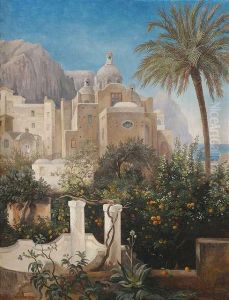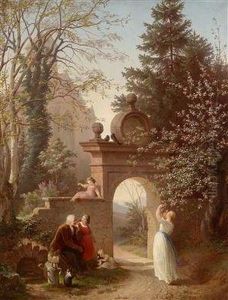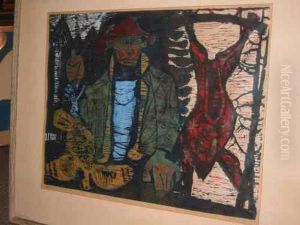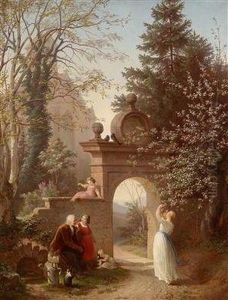Wilhelm Emil Robert Heck Paintings
Wilhelm Emil Robert Heck, also known as Robert Heck, was a German artist born on August 17, 1884, in the town of Barmen, which is now part of Wuppertal, Germany. Although not widely known outside of certain art circles, Heck contributed to the artistic landscape during a period of significant change and innovation in European art, which included movements such as Impressionism, Expressionism, and the early stages of Modernism.
His artistic career, however, was cut short due to the outbreak of World War I. With the onset of the war, like many of his contemporaries, Heck was conscripted into military service. This had a profound effect on his life and work, as it did for a whole generation of European artists. The experiences of war often found their way into the canvases of artists, either directly through depictions of battles and soldiers or indirectly through the emotional and psychological toll that such a conflict wrought on the European psyche.
Tragically, Heck's life and artistic journey ended prematurely when he died in battle on February 23, 1916. He was 31 years old. His death meant that his artistic potential was never fully realized, and as a consequence, his work is not as well-known or as extensively studied as that of some of his contemporaries who survived the war or whose careers had the chance to develop further.
Despite his early death, Heck's work still offers valuable insights into the art world of the early 20th century. His style and thematic choices would have been influenced by the significant cultural shifts of the time, and his subjects could have ranged from traditional genres such as portraiture and landscapes to more avant-garde expressions that were starting to take hold. Unfortunately, due to the limited amount of available information and the scarcity of his works, a comprehensive understanding of Heck's artistic oeuvre is challenging to ascertain.
In the broader context of art history, artists like Wilhelm Emil Robert Heck remind us of the countless voices that were prematurely silenced by the Great War. Their contributions are often overshadowed by the more famous names of the era, but they represent the lost potential and disrupted legacies that are an integral part of the cultural landscape of the early 20th century.
